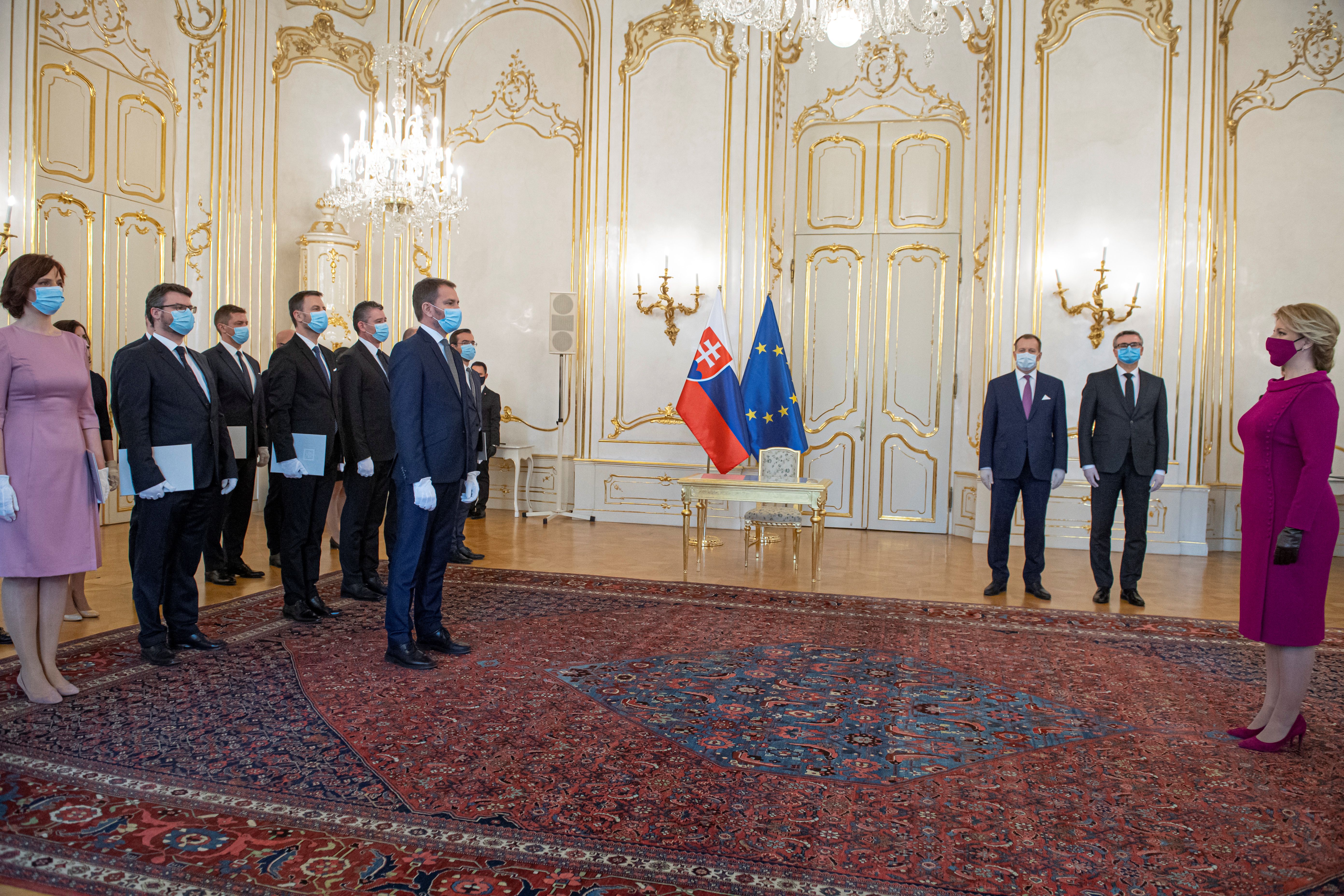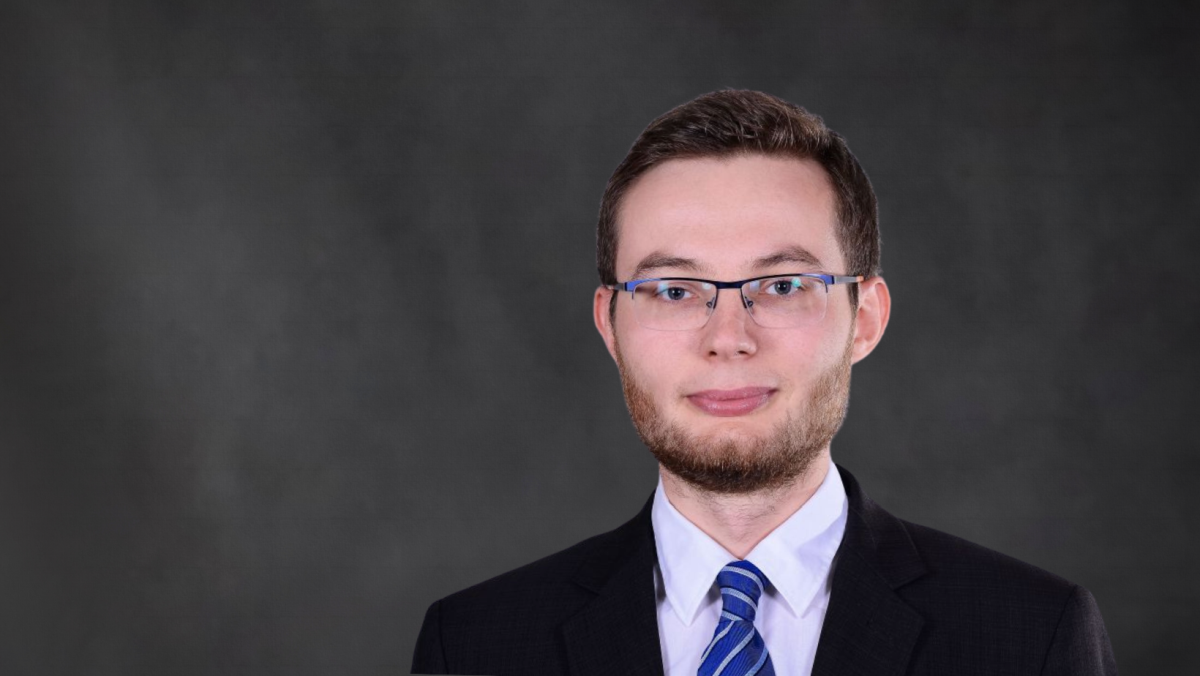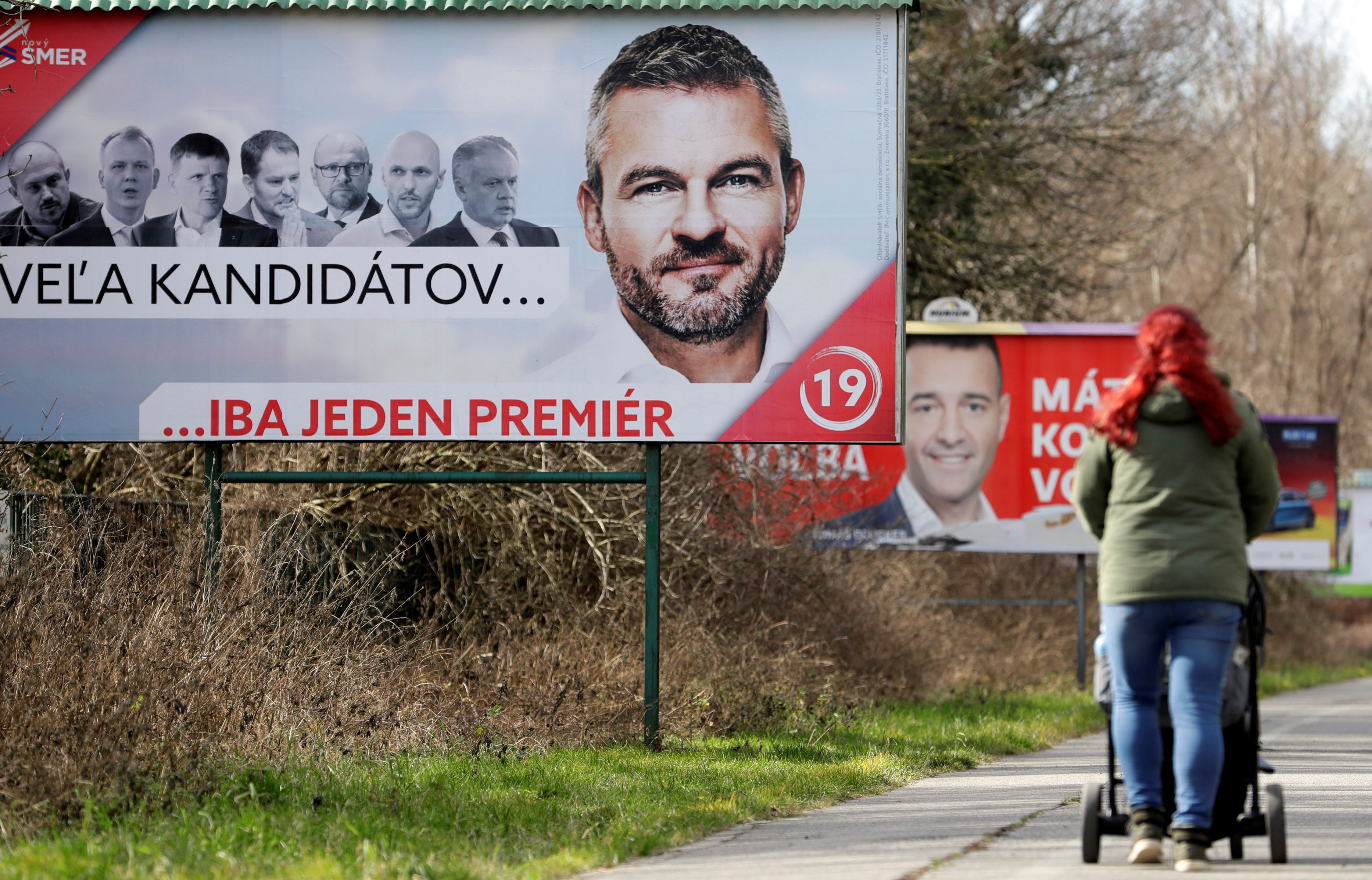Slovakia Establishes Right-Wing Coalition Government amid Coronavirus Pandemic

Who is the new prime minister?
Matovič, the leader and founder of the largest coalition party OĽaNO, is the new prime minister. He has been in the National Council since 2010 when he was elected from SaS. Before he began his political career, he graduated with a degree in financial management and worked as an entrepreneur, investing in regional media. Thanks to an effective election campaign of political marketing, OĽaNO won 53 of 150 seats in the National Council. His political programme’s main point is to increase citizen trust in state institutions, which he intends to do, among others, by fighting corruption. He defines himself as conservative in ideological matters and an economic liberal with social sensitivity.
What is the composition of the new government?
The allocation of ministries across the government corresponds to the strength of each political party’s representation in the National Council. OĽaNO received eight posts, including the prime ministership, the Ministry of Defence, which was assigned to security expert Jaroslav Naď, and the Ministry of the Interior, which was taken over by the former head of military intelligence Roman Mikulec. We Are Family, whose leader Boris Kollár became the new chairman of the National Council, received three ministries. The same number of departments was taken over by SaS, whose chairman Richard Sulík became deputy prime minister for economic affairs and heads the Ministry of Economy. Although For People received only two ministries, the Ministry of Justice is among the most crucial in the context of announced reforms. It will be headed by Mária Kolíková, who in the past twice served as deputy justice minister.
Who is the new foreign minister?
The Ministry of Foreign and European Affairs will be headed by nonpartisan diplomat Ivan Korčok, appointed by SaS. He is one of the most experienced Slovak diplomats (since 1992). He was, among other positions, ambassador to the U.S. (2018-2020), permanent representative to the EU (2009–2015), ambassador to Germany (2005-2009), and deputy head of mission at NATO (1999–2001). Therefore, he has extensive European and transatlantic experience. Also, he served as deputy minister of foreign affairs in two governments, including Robert Fico’s cabinet (2015–2018) when he worked closely with former minister Miroslav Lajčák. The nomination of Korčok is, therefore, an expression of the continuation of Slovak foreign policy.
What challenges will the new government face?
The new government’s main challenge is to counteract the spread of the coronavirus pandemic and its effects. The previous government introduced preventive measures such as the closures of schools, universities, and restaurants, among others, the restoration of border controls, and a partial ban on the entry of foreigners. In turn, Matovič announced the establishment of crisis staffs at each ministry and other measures. In the sphere of the economy, the main challenge will be to mitigate losses, including in the automotive industry, in which Slovakia is a global leader per capita. A package of 13 measures to help companies was announced on 16 March by the previous economy minister in the presence of his successor, Sulík, so that programme will probably be maintained. Although deep reform of the judiciary is possible thanks to a constitutional majority in the National Council, these activities are moving to the background.
What does the change of government mean for Slovak foreign policy?
Despite the change in the entire government, there will be no changes in the main directions of foreign policy. The government will continue to strive to strengthen the position of the state in the EU and NATO. Due to the lack of experience in foreign policy of Prime Minister Matovič, minister Korčok will play a key role in shaping it. However, his ambitions to deepen Slovakia’s integration in the EU may be hampered by the more restrained positions of the ruling parties, in particular SaS. Matovič's criticism of the political changes taking place in Poland and Hungary will not affect cooperation with those countries. Also, Slovakia will continue to see the Visegrad Group as the most important regional platform for defending national interests in the EU. At the same time, the government has not signalled an increase in Slovak interest in the Three Seas Initiative.



